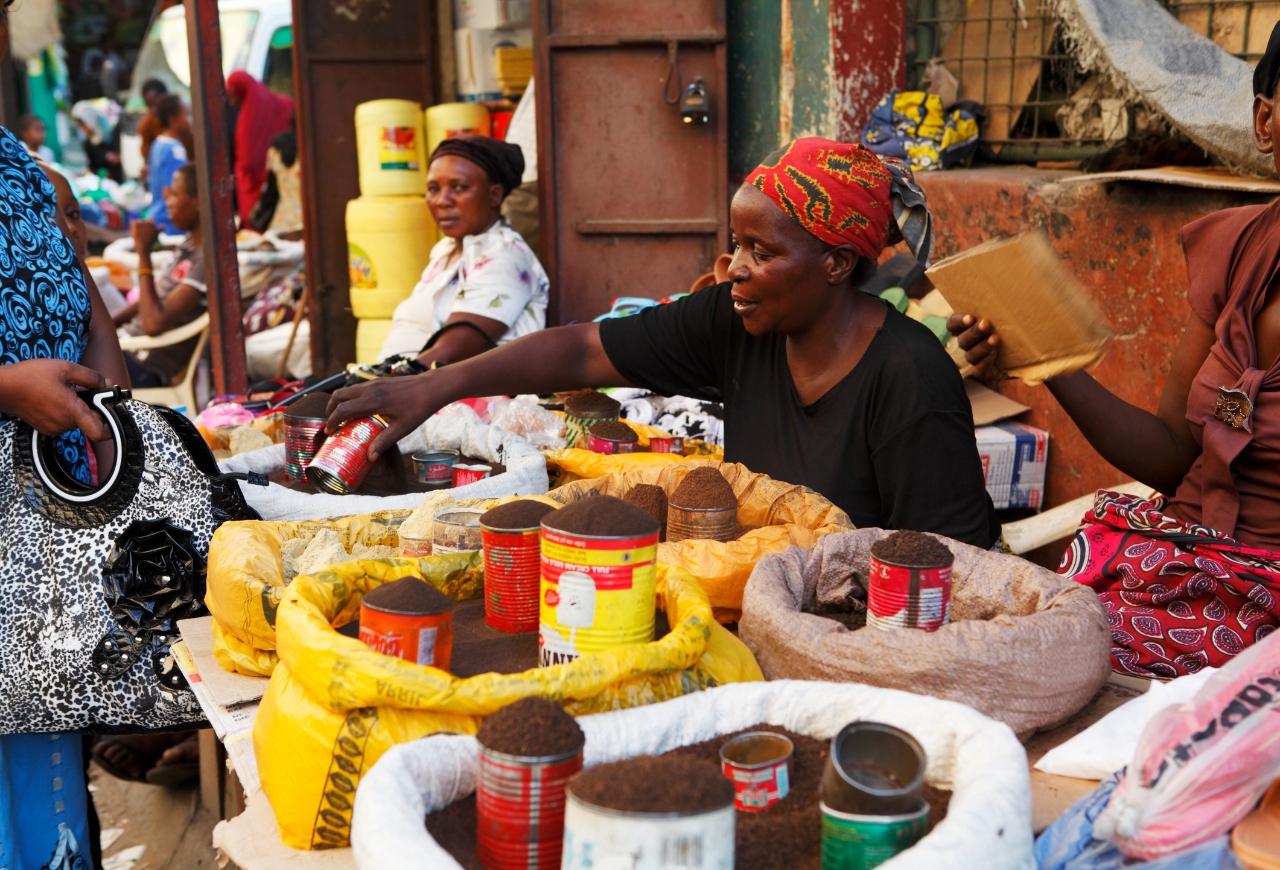The funding aims to drive sustainable growth by facilitating lending to climate-related projects and women-led enterprises, expanding financial inclusion, and helping to close the region’s $42bn gender financing gap.

British International Investment (BII), the UK development finance institution, is providing $100m (€95m) to KCB Bank Kenya to support lending to climate-related projects and address the funding gap for women-led enterprises in sub-Saharan Africa (SSA).
The injection of the Tier 2 capital facility is hoped to catalyse sustainable economic growth in Kenya, through supporting green investments and financial inclusion.
Speaking to Impact Investor, a spokesperson from BII said: “Closing the gender finance gap in SSA could generate €316bn to the region’s GDP annually by enabling more women to scale their businesses.
“There is a strong case for investment in women-led enterprises to achieve tangible impact. Investment has been shown to improve financial inclusion and increase household incomes, with multiplier effects on education, healthcare, and economic resilience.”
Climate innovation
The investment will also help KBC to provide loans to local companies scaling innovative climate technologies, including renewable energy, green mobility, and firms creating sustainable value chains in the agriculture sector.
Chris Chijiutomi, managing director and head of Africa at BII, said: “This facility is a testament to BII’s commitment to strengthening Africa’s banking sector through partnerships with financial institutions that are driving inclusive and sustainable business growth.
“Kenya is an important market for BII. By providing supplementary capital to KCB Bank Kenya, we are helping to scale investments in climate projects and create more opportunities for women-owned and led businesses, which are critical to Kenya’s economic development trajectory and a national plan for green growth,” Chijiutomi added.
Multi-billion gap
Currently, women-led businesses in SSA face a financing gap of $42bn annually, with limited access to credit, high borrowing costs, and restrictive collateral requirements, according to BII.
The lack of credit options available to women from traditional lenders is largely driven by a higher risk perception of women-led businesses and the tendency to prioritise large corporate clients instead of women-owned small to medium-sized enterprises, BII added.
KCB has been developing and backing initiatives designed to tackle inequality, such as the Female-Led and Made Enterprises proposition which aims to address the barriers restricting people’s access to credit in the region.
BII said the funding also qualifies for the 2X Challenge for gender diversity, which is aimed at giving women greater access to investment, and of which BII is a founding member.
A BII spokesperson confirmed that KCB has committed €368.9m towards women-led enterprises, which will be facilitated by the FLME.






